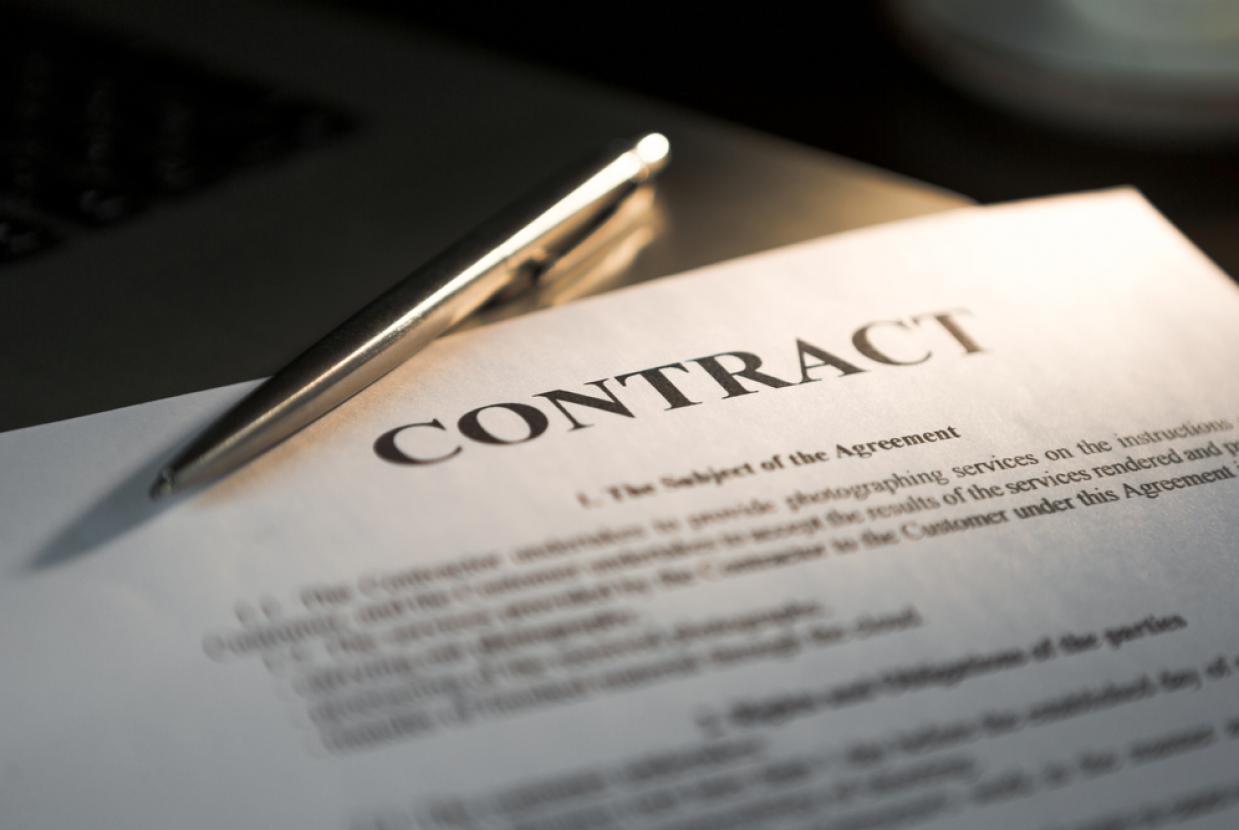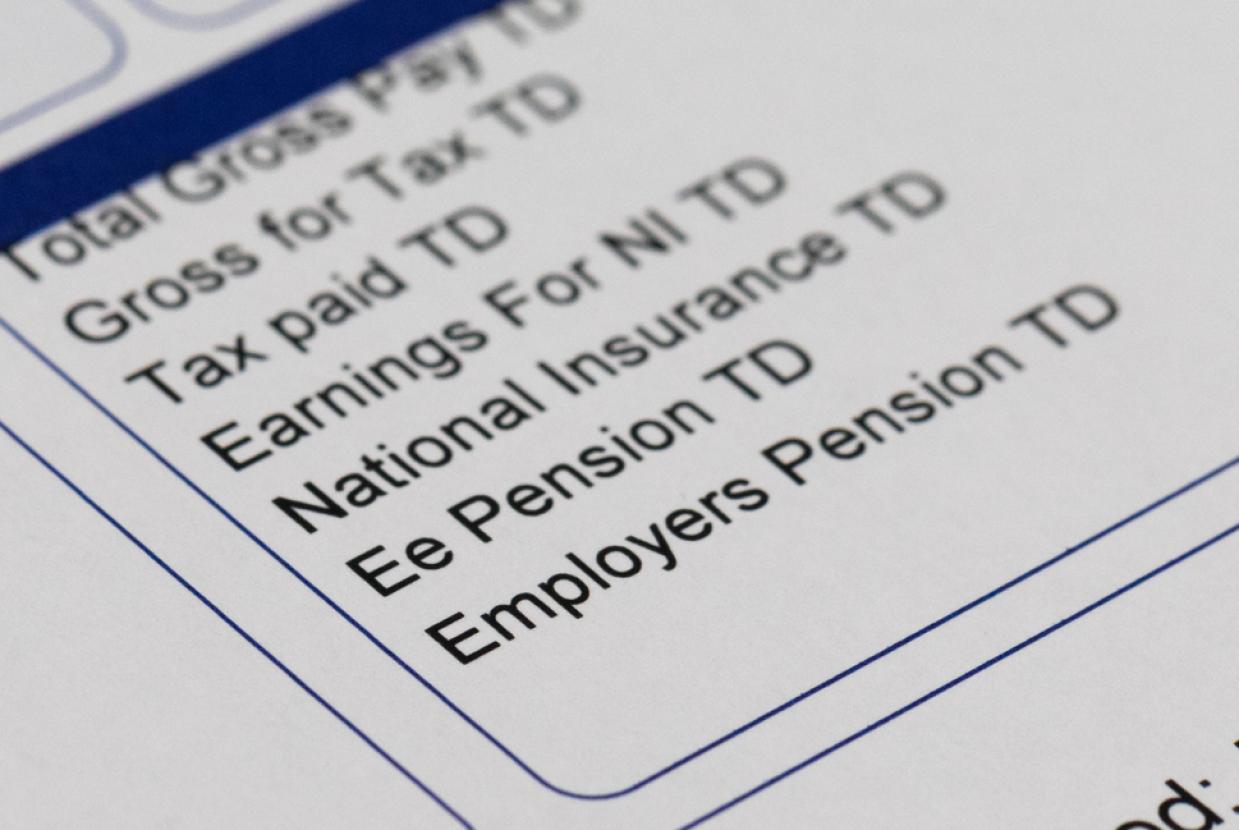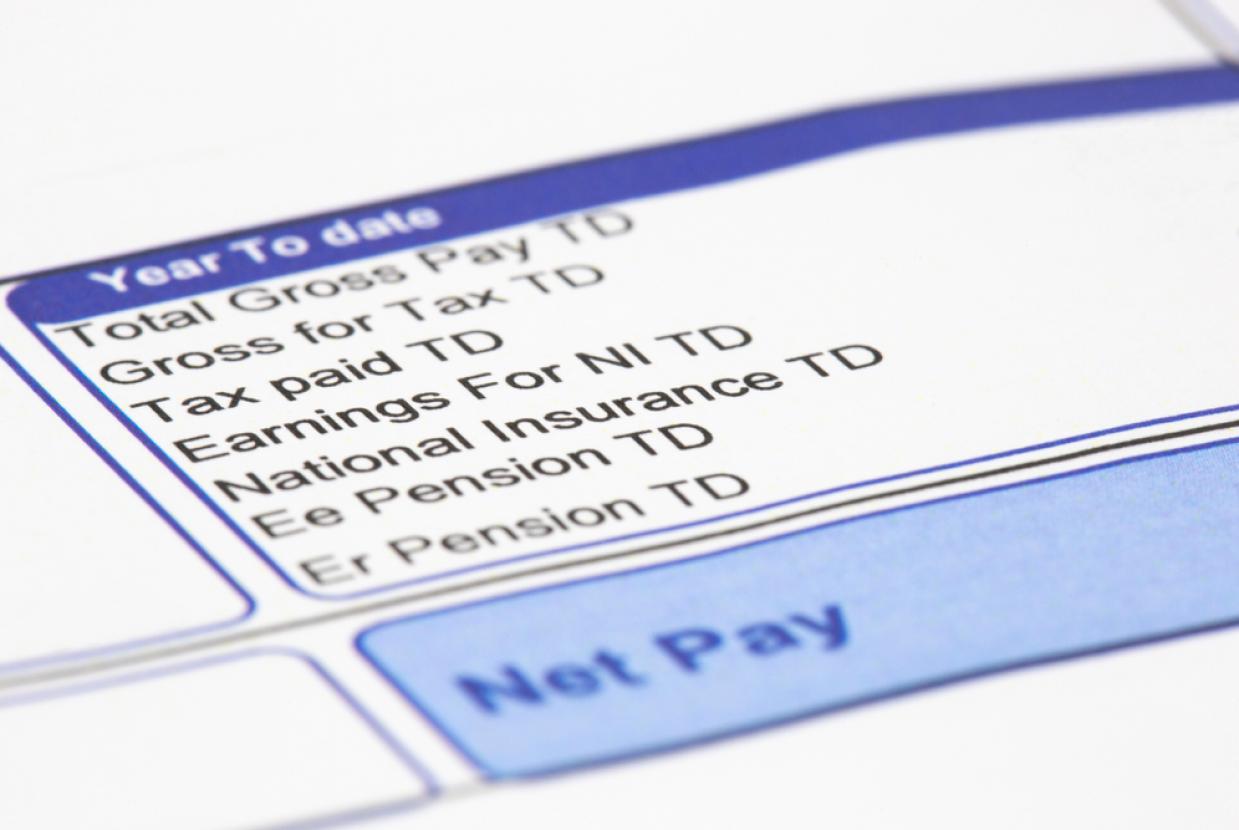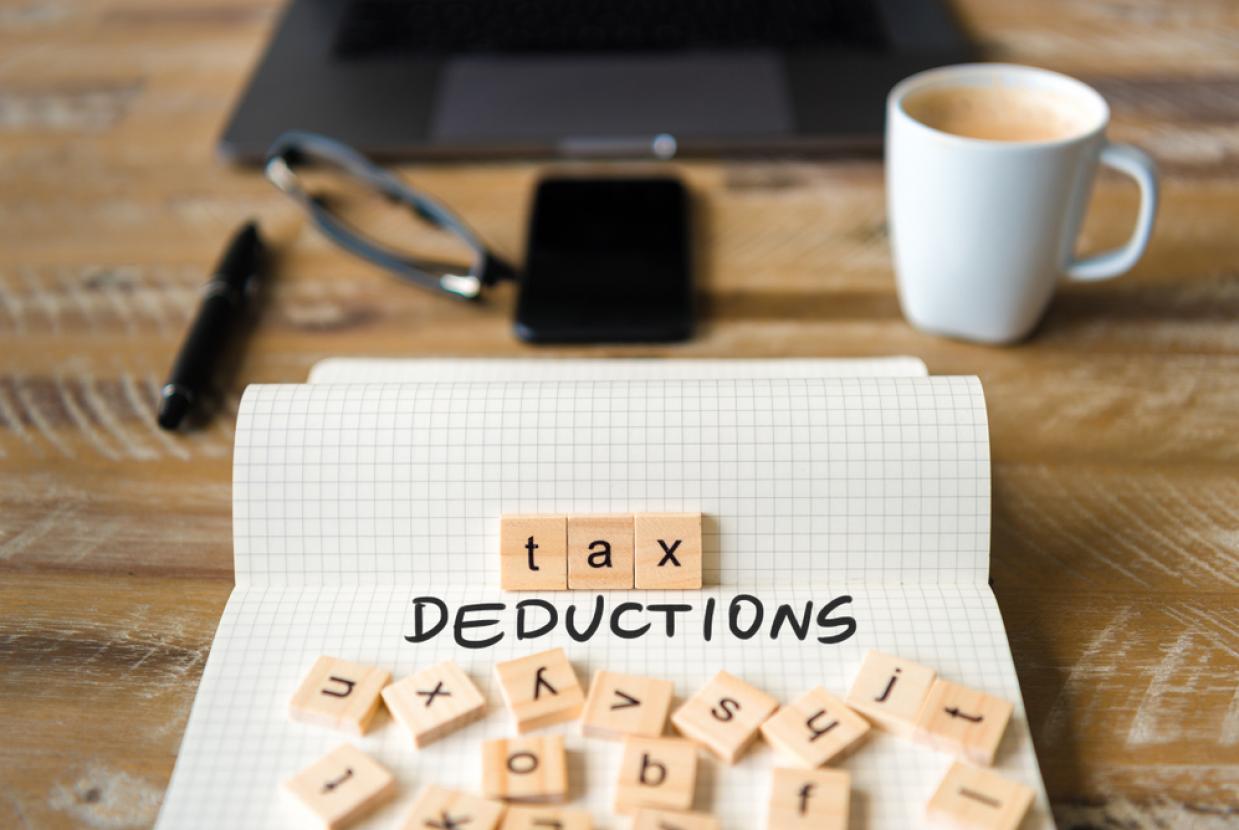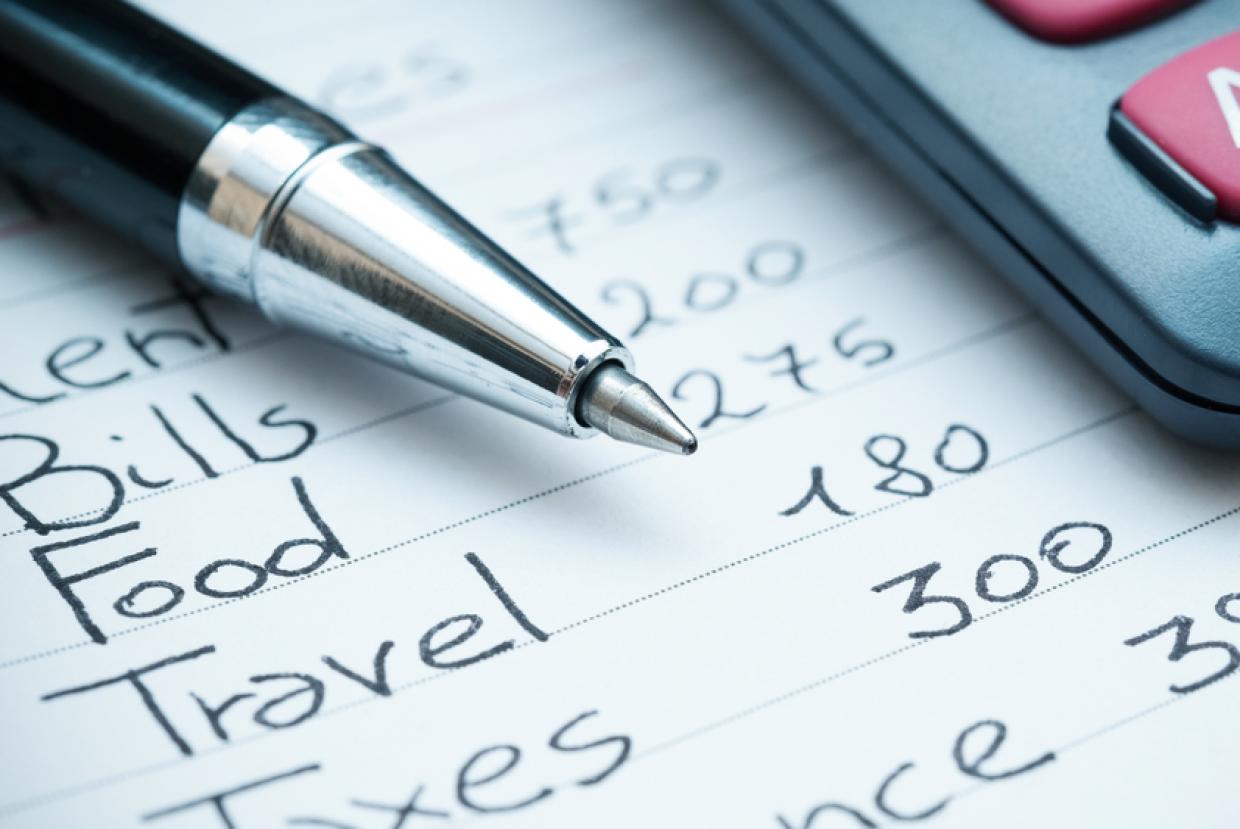How To Check Your Credit Report
Financial HealthHave you ever wondered how a bank or other lender decides whether to give you credit? One of the tools they use is your credit report. This tells them about your credit history and helps them assess how much of a risk lending to you will be, depending on the quality of your credit score.
Who compiles credit reports?
In the UK, companies called ‘credit reference agencies’ (CRAs) compile information on how well you manage credit and make your payments.
The three main CRAs are:
Each CRA holds a file on you (called a credit report or credit file), although the information each CRA holds might differ.
What’s in your credit report?
Your credit report typically holds the following information:
- A list of your credit accounts. This includes bank and credit card accounts as well as other credit arrangements such as outstanding loan agreements or utility company payment records. They’ll show whether you’ve made repayments on time and in full. Items such as missed or late payments or defaults will stay on your credit report for at least six years.
- Details of any people who are financially linked to you – for example, because you've taken out a joint loan with your partner.
- Public record information such as County Court Judgments (called ‘Decrees’ in Scotland), home repossessions, bankruptcies, Debt Relief Orders and individual voluntary arrangements. These stay on your report for at least six years.
- Your current account provider, but only details of overdraft information from your current account.
- Whether you’re on the electoral register.
- Your name and date of birth.
- Your current and previous addresses.
- If you’ve committed fraud, or if someone has stolen your identity and committed fraud, this will be held on your file under the Cifas section.
Your credit report doesn’t carry other personal information such as your salary, religion or any criminal record.
Who looks at your credit report?
When you apply for credit, you’ll usually be expected to give your permission to the credit provider to check your credit report.
The term ‘credit provider’ doesn’t only include banks and credit card companies. It also includes mail-order companies and, for example, providers of mobile phone services if you have a phone contract (but not if you’re on a pay-as-you-go deal). Employers and landlords can also check your credit report. However, they’ll usually only see public record information such as:
- electoral register information
- insolvency records
- County Court Judgements (called ‘Decrees’ in Scotland).
How lenders use credit reports
Be aware that different lenders look for different things when reviewing your credit report and deciding whether to lend to you. They can also take other factors into account.
For example, you might have been furloughed and taken a payment holiday during the coronavirus pandemic. While this won't directly affect your credit score, it may affect your ability to borrow in the future.
How to check your credit report
By law, all CRAs have to provide you with a copy of your credit report for free:
- Check your Experian credit report through their partner website, MoneySavingExpert’s Credit Club
- Check your Equifax credit report through their partner website, ClearScore
- Check your TransUnion credit report through their partner website, Credit Karma
It’s often worth getting a copy of your credit report from all three main CRAs if you haven’t applied for it before or if you haven’t checked it for some time. That’s because they might have different information from different credit providers, although there is quite a lot of overlap between them.
If you’d prefer a paper copy of your credit report, you can contact the credit scoring agencies direct:
- Check your Equifax credit report
- Check your Experian credit report
- Check your TransUnion Credit report
What is a credit score?
A credit score is the score that a credit provider will use to help them decide which customers to lend to. It’s broadly based on three sets of information:
- your application form
- your credit report
- any information they have about you already.
Credit providers will often use an automated process – known as credit scoring – to objectively assess this information. The ratings they use are different from the credit score a credit referencing agency will provide.
Guide credit scores are created by credit reference agencies. They’re based on the information included in your credit record, and are only available to you. They’re designed to help you understand how firms might use your credit information to decide whether to offer you credit.
Guide scores only offer a general indication of how likely it is that firms might offer credit to you. Having a high score doesn’t guarantee any particular lender will actually offer you credit. This is because each firm uses its own criteria, which might vary depending on which credit product you’re applying for.
The information held on your credit report and your credit application form might be used to decide:
- whether to offer you credit
- how much credit you’ll be offered
- how much interest you would be charged.
The most recent information on your report will have the most impact. This is because lenders will be most interested in your current financial situation. However, information about your financial transactions over the last six years – good or bad – will still be on record.
If your credit report shows a few missed payments, you might be charged higher interest or you might not qualify for some products. This is because firms believe they would be taking a higher risk by offering you credit.
As well as potentially affecting your access to financial products, a very poor credit history can also affect your ability to get things like insurance or access mobile phone contracts.
Your credit score is an assessment by a particular lender of how much of a credit risk you are. This is based on their own criteria and usually includes information from a credit reference agency.
A credit reference agency might also provide your ‘credit score’ for a fee. But this is just an indication based on the information they hold. It isn’t the same as the individual lender’s score. (Your credit score is different to your credit report, which you can access for free.)
When should you check your credit report?
Are you applying for a loan, mortgage, credit card or other type of credit? Then it might be a good idea to check your credit report first, if you haven’t looked at it for some time.
In any case, it makes sense to check it from time to time to make sure there are no mistakes or you haven’t missed any payments without realising it. You can check your credit report as often as you like and it won’t affect your credit rating.
Are you shopping around for a loan or credit, and not yet ready to apply? Then make it clear and ask for a quotation, ‘quotation search’ or (‘soft search credit check') or an ‘eligibility checker’.
This is where a lender searches your credit record – either to decide whether you qualify for credit or to provide a quote – but without it affecting your credit report. Not all lenders offer a soft search on your eligibility before your application.
Once you make a formal application for credit, a more detailed look at your credit report is made (also known as a hard search), which will leave a mark on your credit report.
For all things Everyday Money, Budgeting and Banking, follow this link.

























